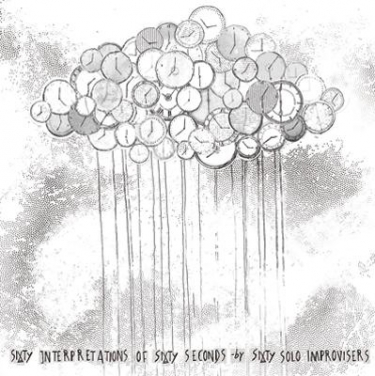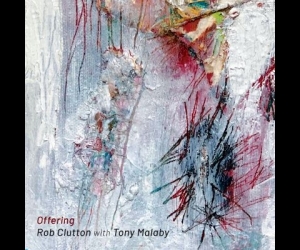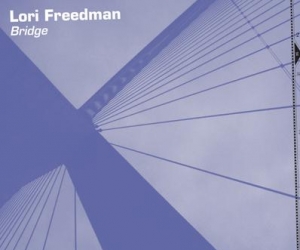
One very strong impression that remained with me after listening to the duration of Sixty Interpretations of Sixty Seconds was that David Sait would make an excellent DJ. Perhaps that sounds like a trivial or flippant remark, but without that curator’s clever and highly musical sequencing and keen sense of timing, this project—or any project of its kind, for that matter—could have easily ended up a complete and utter mess, despite the uniformly high quality throughout.
Over its span, the compilation encompasses numerous broad ranges: improvisational approaches, instrumental timbres, geography, levels of notoriety. Sait’s finely attuned ears have rendered these differences palatable, deliciously shattering, or even temporarily imperceptible, by slyly weaving together common threads between each submission or juxtaposing them in an artful manner. The result is a thoroughly digestible, engaging, and cohesive, yet endlessly varied, whole.
That is not to say that the sixty individual contributions are flattened by Sait’s Larry Levan-like ear for interleaving the cuts. Christine Sehnaoui’s peculiar improvisation on alto sax huffs and wheezes like the lungs of an asthmatic robot. Sait’s own piece on the Guzheng is akin to the lean and highly innovative kayagum vocabulary of Byungki Hwang, but inflected with some of Alice Coltrane’s psychedelic harp sweeps. Torontonian Joe Sorbara’s drums-and-percussion solo trickles like heavy, quantized rainfall. Ignatz’s low-fi, forlorn half-song is a welcome surprise, as is Todd Taylor’s virtuostic bluegrass-banjo barrage that closes the opening section. At the opposite end of the spectrum, Helena Gough’s elusive field recording offers a continuous and sputteringly fricative texture, which is deftly truncated by Leonel Kaplan’s sparse and breathy trumpet shapes. Alessandro Alessandroni’s sweetly maudlin bit takes a wilfully hokey ersatz Rhodes piano and glazes it with a whistled tune.
This disc is, without question, worth investigating, simply on the grounds that it executes such an outlandish idea with such panache, while also presenting some intriguing and well-founded challenges to the definition of so-called improvised music.


